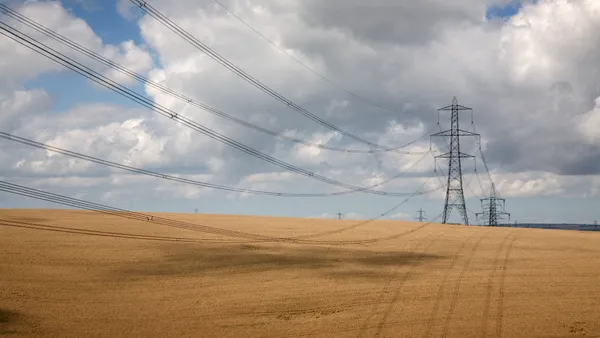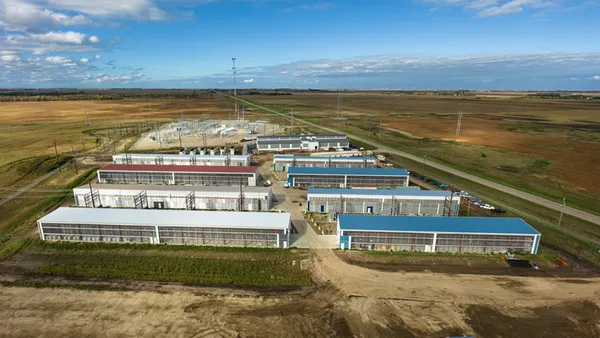Dive Brief:
- Michigan Rep. Gary Glenn (R) last week unveiled a package of energy bills which would expand the state's energy choice market beyond a 10% cap by allowing hospitals, schools, government entities and those buying renewable power to participate without counting against the limit.
- Michigan has been struggling with its energy choice program, with many Republicans and investor-owned utilities favoring a return to complete regulation.
- Glenn's proposal would expand the choce program while requiring utilities to employ a transparent, competitive bid and supply planning process.
Dive Insight:
Michigan's energy choice program is capped at 10%, but even with the limit, those customers who are able to participate have saved some $400 million since the program went into place in 2008, Rep. Glenn said.
“Seven years ago, Lansing mandated that 90 percent of the electricity market be given to two utility companies, and we’ve all been paying the price ever since,” Glenn said in a statement, “During that time, there are at least 11,000 Michigan customers who have been waiting for years to enjoy the benefits of electric choice, which would save them $235 million each year."
About 6,400 customers are now participating in the choice program. Proposals to end the state's choice program would mean those ratepayers would return to the incumbent utility's service. Glenn's legislation would maintain the choice program at 10% but would also allow certain entities to participate without counting against the cap, thereby expanding the program.
The program would be expanded to local school districts, colleges and universities; state and local government entities; profit and nonprofit hospitals and inpatient health-care facilities; and those who purchase renewable energy.
"Making this change will help these entities to save hundreds of millions of dollars on electricity every year, while also freeing up their share of the 10 percent choice market so additional private sector customers presently on the waiting list can participate in the program savings," Glenn's office said in a statement.
The legislation would require utilities to use a competitive bid and supply process. Individual bills in the energy package will be introduced in the coming weeks. Opponents of the state's choice law say it hurts utility planning, could lead to cross-subsidization and makes it impossible to know if all customers can be supplied with power if third-party rates rise and choice customers return.















